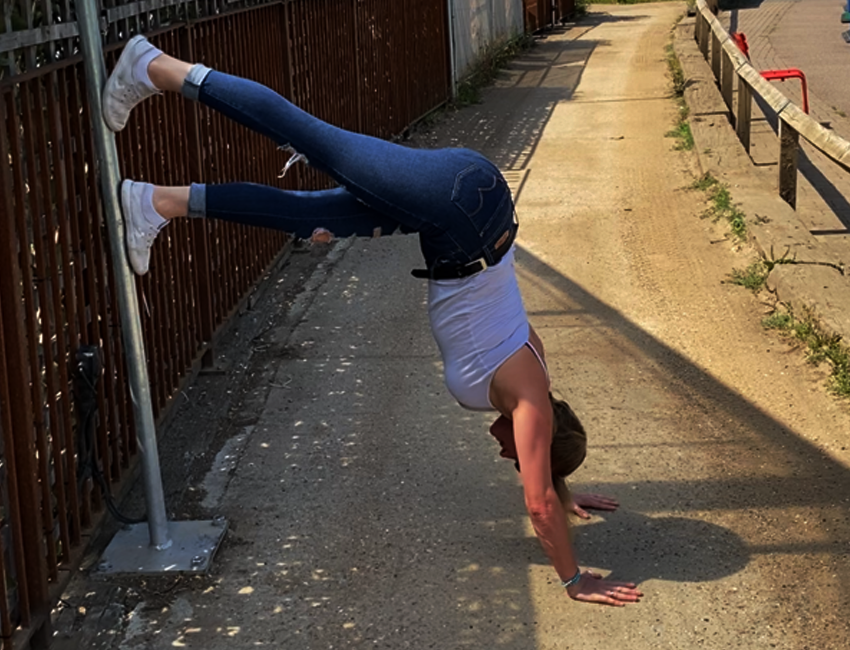The Mind Body Connection And Exercise
What Is Mind-Body Connection?
The mind body connection is defined by the influence the mind has upon the body and the body has upon the mind and is now scientifically accepted as being real according to the (1) NIH and (2) Psychology today. It is also a term widely used in health, fitness, and well-being spaces to gain public attention to sell private practice based health services or products. For the purposes of this article I am going to stick to the relevance of mind body connection and exercise.
Mind-Body Exercise
‘Mind–body exercise is a form of multicomponent exercise that combines movement sequences, breathing control, and attention regulation, which is different from traditional physical exercise. It is also referred to as movement-based contemplative practice, or mindful movement, which emphasizes moving mindfully, commonly including Tai Chi Chuan (TCC), Qigong, and Yoga. TCC is a form of mind–body exercise incorporating physical, cognitive, social, and meditative components. Qigong involves a set of relatively slow exercises through coordinated physical movements, breathing, and meditative states to cultivate one’s internal energy called “Qi” to achieve body healing, and Baduanjin (BDJ) is one of the most common forms of Qigong.
Yoga is believed to be an ancient mind–body exercise which focuses on the present moment, consisting of physical postures (asanas), control of breath (pranayama), and the use of meditation (dyana), and the most common form is Hatha yoga. Compared with aerobic or resistance exercise, mind–body exercises are relatively low in intensity and slow in pace, particularly suitable for the elderly and groups with chronic diseases’ (3)
We can clearly see there is a strong belief in the connection between the mind and body when it comes movement, however when it comes to more traditional exercise like running, lifting weights, swimming, football, walking etc… we tend to become less focused on the movement and more focused on the aim or goal of the movement.
When I attended my Personal Training course we focused very much on exercise physiology, anatomy, and coaching the client. Once completed I entered the real world of training and coaching clients instantly and was fortunate to be able to learn my profession by training with a few lifetime body-builders- this expediated my understanding and helped me gain a more diverse perspective around training. Things like nutrition, muscle adaptation and mind-muscle connection were the focus. Cutting my teeth here as a Personal Trainer in this was really helped me to understand training and exercise mindset of different people, as well as learn and experience the mind-muscle connection which is what training for physical adaptation is all about. Whilst I have exercised and trained all my life, this was the education and information that was needed to know what and why when it came to movement and exercise. Mind-body exercise connection is a well touted well-being gateway term that can be extended beyond a simple well-being and movement practice to improve overall performance.
Improving Performance
Performance is about awareness this is across the board, in exercise specifically the more aware and ‘connected’ you feel to the movement and intensity of exercise being performed the more you can influence adaptation in the body. This is why body builders train in front of mirrors and will concentrate on the muscle they are using when lifting weights. It is then argued that having that extra layer of focus in training sessions helps increase desired muscle adaptations. This would be hard to prove scientifically to that extent, but it is a commonly held belief in the health and fitness industry.
Next time you go for a run, play a sport, train independently, join in a class, or even go for walk; focus on the movement you are performing, think about how it happens;
What muscles are being used?
How does it feel?
Would you like to change or improve something?
becoming mindful over your physical movement can lead you to all sorts of interesting and exciting places, so you can get joy from exercise and movement and get the added health benefit of that too.
Download our Exercise for Beginners or look at our Health and Fitness Coaching offer
I hope you enjoyed this article and took some useable knowledge from it to help you understand your biology and meet your needs in relation to your goals. Please leave a comment, press the heart button and share it to help more people take control of their health, well-being and fitness.
References:
1 https://pubmed.ncbi.nlm.nih.gov/18589562/
2 https://positivepsychology.com/body-mind-integration-attention-training
3 https://pmc.ncbi.nlm.nih.gov/articles/PMC7915202/


